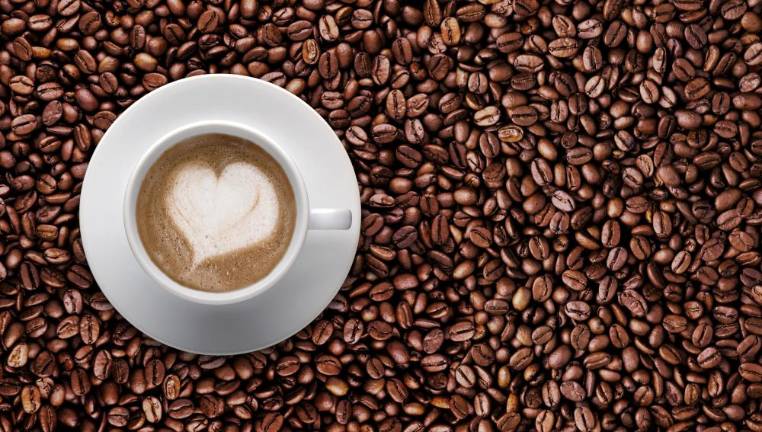Meeting the Morning After
Coffee. Good news for 2022: multiple studies show the health benefits of coffee

The close of Pandemic Year II, December 31, 2021 was clearly an evening in need of champagne. Lots of champagne. Which means that for many January 1, 2022 was clearly a morning in need of coffee. Lots of that, too.
There are hundreds of ways to greet the morning after the night before. The regulars range from the classic “hair of the dog” to plenty of plain water and B vitamins. For those inclined to eat breakfast, the Cleveland Clinic suggests the BRAT diet (easily digested bananas, rice, applesauce and toast) after which multiple studies stretching as far back as the 1990s show that even one cup of hot coffee stimulates the gut to move stuff through your intestines to the eventual end of your body.
Caffeine lights you up as it zips from your cup into your mouth and on to your brain where it unlocks adenosine, a natural body chemical that slows transmission of messages between brain cells. At the same time, two other natural chems – norepinephrine and dopamine – fire up cells specifically designed to make you think faster and feel happier when waking up from that previous night.
Health-wise, multiple studies suggest that at least one cup a day appears to reduce the risk of Type 2 diabetes. For men, the University of Texas Health Science center reports that two or three cups a day practically halve the risk of “performance problems.” The American College of Sports Medicine adds enhanced exercise endurance to the list, probably because caffeine releases energizing adrenaline into the blood stream. But fair warning: These benefits derive from not more than a recommended 400 mg caffeine a day, which means sticking to the average 70-140 mg caffeine in one standard 8-ounce cup of brewed coffee (not the 242 mg in a supercharged energy drink that makes you vibrate rather than hum).
At least three reports strongly imply that the more coffee you drink, the longer you may live. The first study surveyed more than half a million people in 10 European countries; the second, nearly 190,000 U.S. African Americans, Native Americans, Hawaiians, Japanese Americans, Latinos and whites; the third followed 400,000 U.S. men and women ages 50 to 71 from 1995-1996 until the date they died or Dec. 31, 2008, whichever came first.
All reached the same conclusion: Coffee drinkers were less likely to die from heart disease, respiratory disease, stroke, injuries and accidents, diabetes and infections. And all agreed that the link between coffee and longevity increased with the amount of coffee consumed. So long as it wasn’t enough to do that jittery thing.